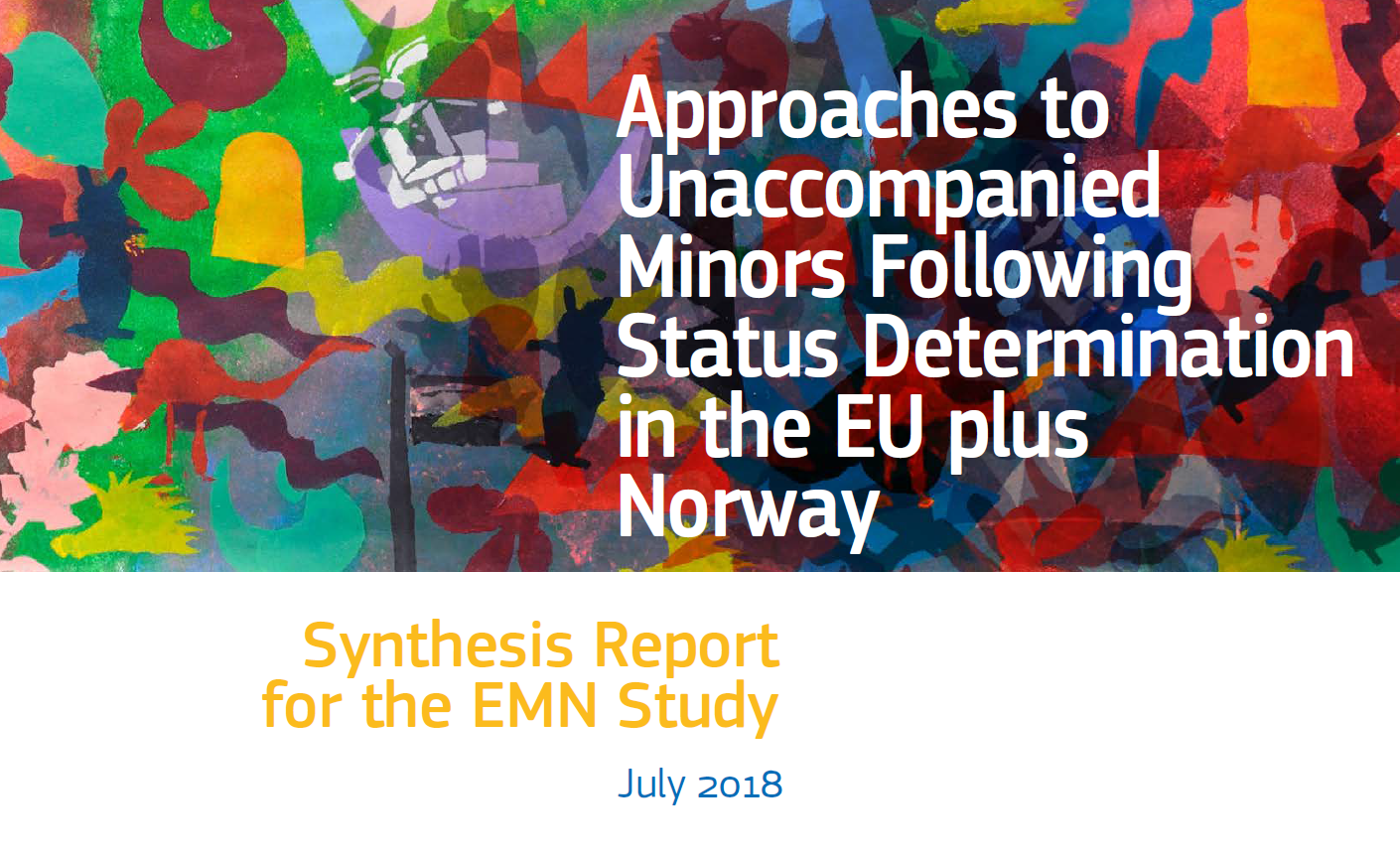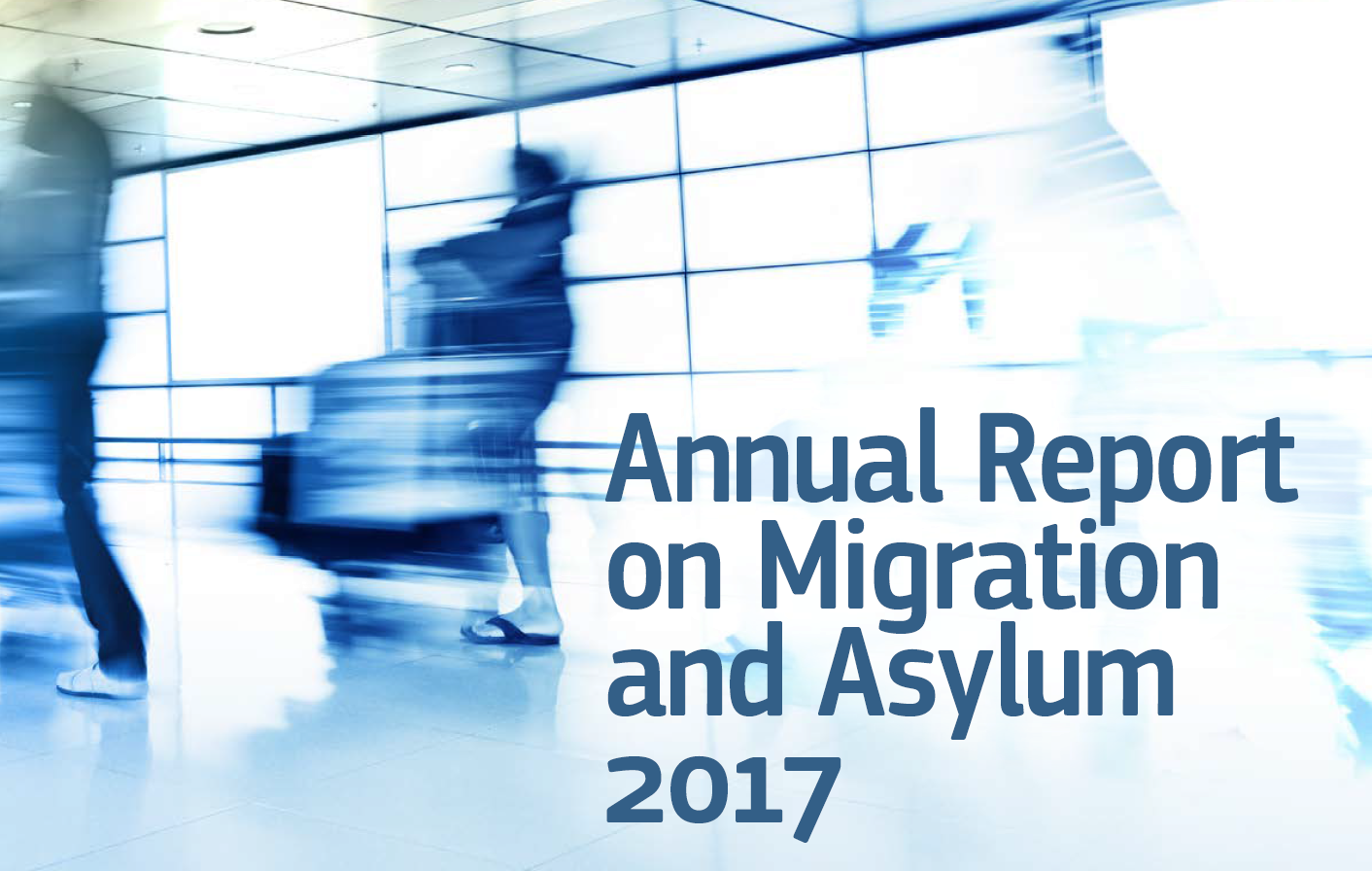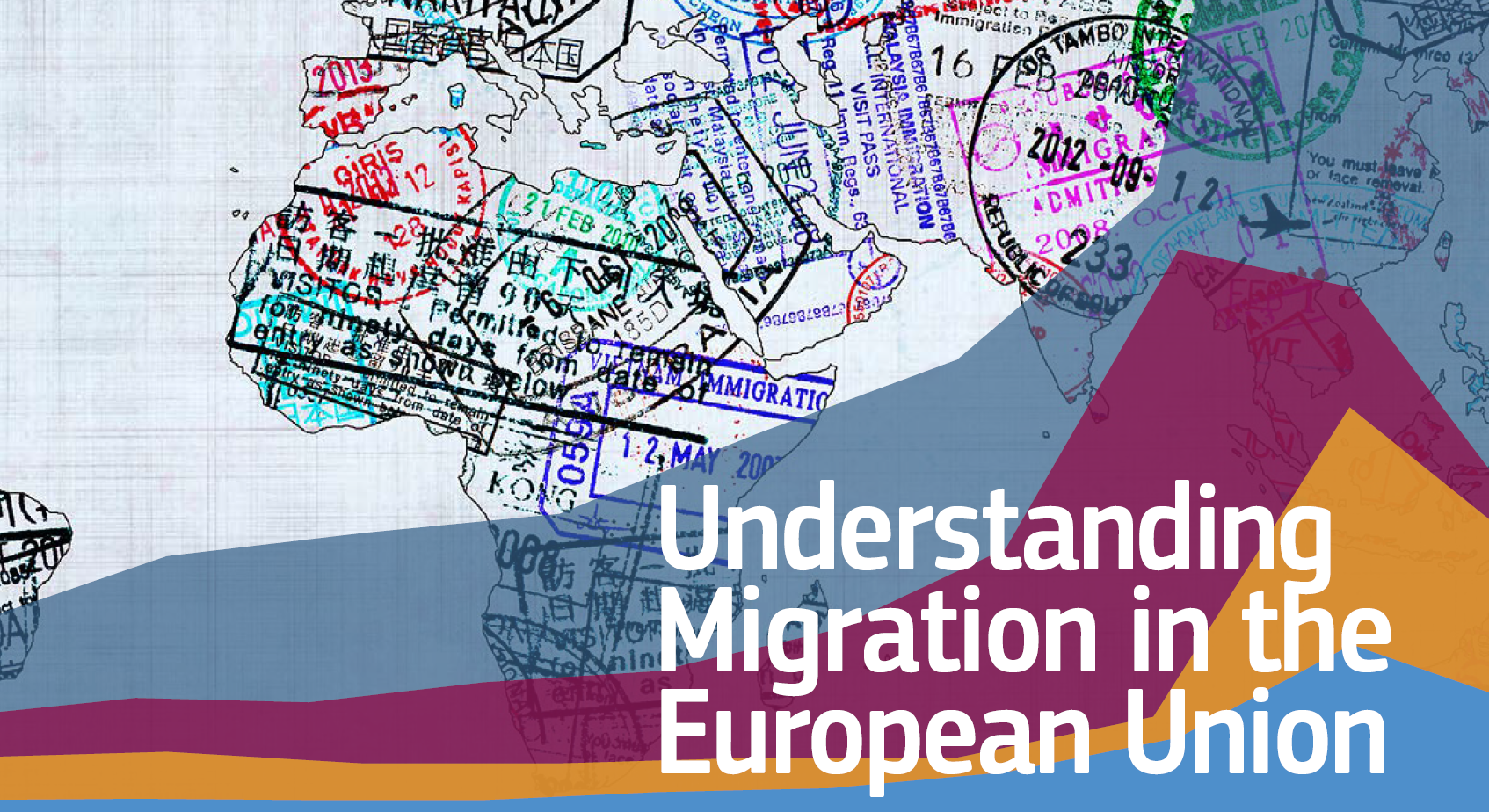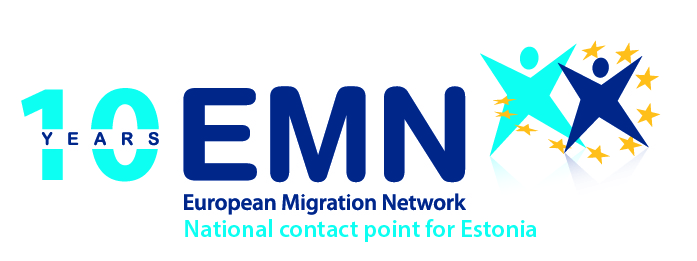News
-

EMN Study on Approaches to Unaccompanied Minors Following Status Determination in the EU plus Norway
The EMN study on ‘Approaches to Unaccompanied Minors Following Status Determination in the EU plus Norway’ explores the situation of almost 200 000 unaccompanied minors (UAMs) who have been granted a residence permit or issued a return decision, and the approaches established by the Member States and Norway to their integration or return. The study […]
-

Annual Report on Migration and Asylum 2017
The EMN Annual Report on Migration and Asylum provides an overview of the most significant EU and national policies as well as legislative developments in the fields of migration and international protection that were developed in 2017. The report is based on the contributions from 25 Member States, covering eight key areas, namely: legal migration […]
-

EMN 10 Year Anniversary Report
The Anniversary Report takes stock of and presents key trends in asylum and migration flows and policy development over the last 10 years. The Report opens by highlighting how immigration has become an issue of increasing importance to publics across the EU over time, and how sentiments towards immigration from outside the EU have changed […]
-

EMN 10 Year Anniversary conference: key conclusions and summary of the event
To mark the occasion of its 10 year anniversary, the European Migration Network hosted its conference ‘Understanding Migration in the EU: past, present, future’ in Brussels on 15th May 2018, bringing together almost 200 policy makers, researchers and practitioners from EU and national governments, academic institutions, international organisations and from civil society. The key conlusions […]
-

EMN publishes the report on the challenges and practices for establishing the identity of third-country nationals in migration procedures
This EMN study Challenges and practices for establishing the identity of third-country nationals in migration procedures is based on contribution from EMN National Contact Points in 26 Member States and Norway, collected via a common template to ensure comparability. The importance of identity management in migration procedures has increased significantly in recent years in light of the […]
-

Joint EMN-OECD event on family migration and illegal employment
A joint European Migration Network & OECD event exploring the topics of family migration and illegal employment took place in Brussels on 9 November 2017. The morning session reflected on current challenges in the area of family migration policy, discuss possible solutions and exchange good practices. Family migration is one of the main avenues for legal migration to the EU. […]
-
EE Presidency Conference on Migration materials available
EMN Estonia has published the presentation slides from the conference “The EU in the Global Race for Talents: Challenges and Solutions in Strengthening the EU’s Competitiveness” on the confrence website. Additionally, all plenary sessions and the workshop on attracting and retaining foreign employees in the EU are accessible there on video, as well as photos of the […]
-

EMN publishes the report on illegal employment of third country nationals in the EU
This EMN study Illegal employment of third-country nationals in the European Union is based on contributions from EMN National Contact Points in 23 Member States, collected via a common template to ensure comparability. Illegal employment of third-country nationals (TCNs) – defined as employment contravening migration and/or labour law – is a source of concern in the EU for […]
-
Public Lecture: William L. Swing from IOM
In May 2017 Mr William L. Swing, the Director General of the International Organization for Migration, visited Estonia as the next holder of the Presidency of the Council of the EU. Despite his busy schedule, Mr Swing found time to deliver a public lecture in Tallinn University and discuss the current situation in migration and […]
-
Estonian Human Development Report
Two EMN Estonia’s members of staff contributed to the Estonian Human Development Report 2016/2017. Marion Pajumets wrote a chapter on the challenge of the researcher mobility: how to ‘enrich brains’ abroad and avoid ‘brain drain’ for Estonia. Mari-Liis Jakobson’s input consists of an overview of the concept of transnationalism, measures implemented in various areas and state […]
-

EMN publishes the EU report “Resettlement and Humanitarian Admission Programmes in Europe – what works?”
This EMN study ‘Resettlement and Humanitarian Admission Programmes in Europe – what worksSearch for available translations of the preceding linkEN•••?’ is based on contributions from EMN National Contact Points in 24 Member States, collected via a common template to ensure comparability. The key findings are set out below: 17 Member States and Norway have in […]